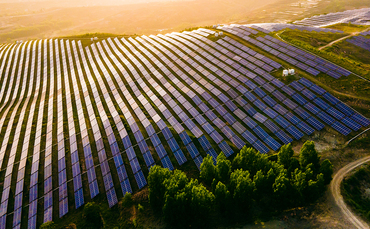Aggregate capital targets have fallen from their 2021 peak of $172.7bn, to $108.1bn as of May 2023, despite the number of ESG funds in the private markets space going up.
After a turning point in ESG adoption across alternative asset classes in 2022, when fundraising soared to new heights, the report found attention has now re-focused on return generation and value protection in the face of macroeconomic pressure on valuations.
"A re-focus on performance after a challenging 2022 may have encouraged some to de-prioritise ESG with fundraising so far in 2023," said Alex Murray head of real assets, research insights at Preqin.
Retail investors set to drive next wave of alternatives AUM growth
In particular, infrastructure funds' share of the capital targeted for ESG funds in the market has been declining since its peak of 56% in 2017.
While ESG funds raised an aggregate $29.4bn in 2020 and increased to $92bn in 2022 so far in 2023, fundraising has been much slower. Recent fundraising has seen the average ESG fund size increase from $399.3m in 2017 to $590.3m in 2021 and $575m in 2022.
Despite this, ESG integration across alternatives funds continues and according to Preqin, investors across the asset classes have either already implemented, or intend to implement active ESG policies within the next 12 months.
Infrastructure investors are ahead, with 52% already having active policies in place. For hedge funds, 50% of investors have no plans to integrate ESG policies, with some keen to keep their options open regarding trading conventional energy stocks.
What alternatives strategies are private investors backing today?
The report also found there has been a sizeable growth in impact fundraising across alternatives in recent years, notably in the wake of the pandemic.
In 2021, the number of funds grew by 61% year over year and the final close amount by 26%. However, the number of funds decreased by 35% year over year in 2022, while the aggregate capital raised more than doubled from $12.7bn in 2021 to $33.6bn.
According to Preqin, this capital concentration in 2022 indicates that impact strategies are no longer the sole domain of smaller and niche managers.
"Impact investing is emerging as its own distinct market. Rather than retrenching as many had anticipated, ESG in alternatives is increasingly diverse and sophisticated in what it can offer investors," said Murray.


